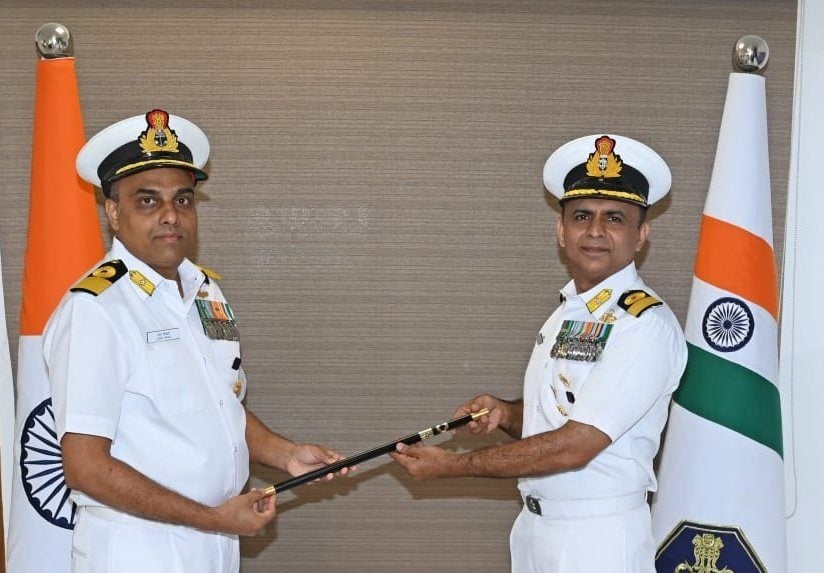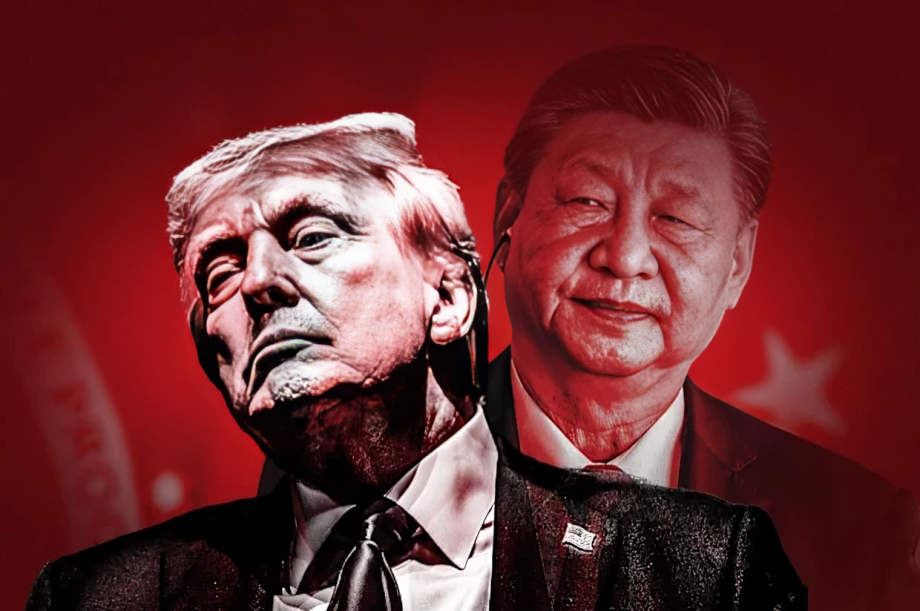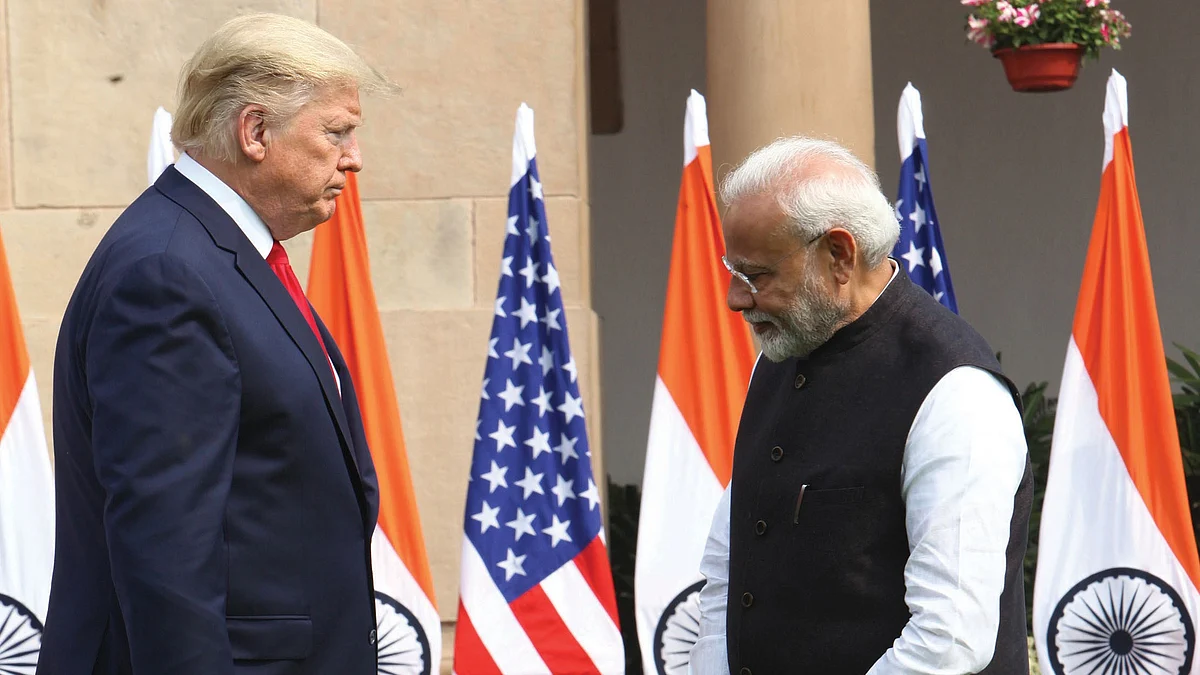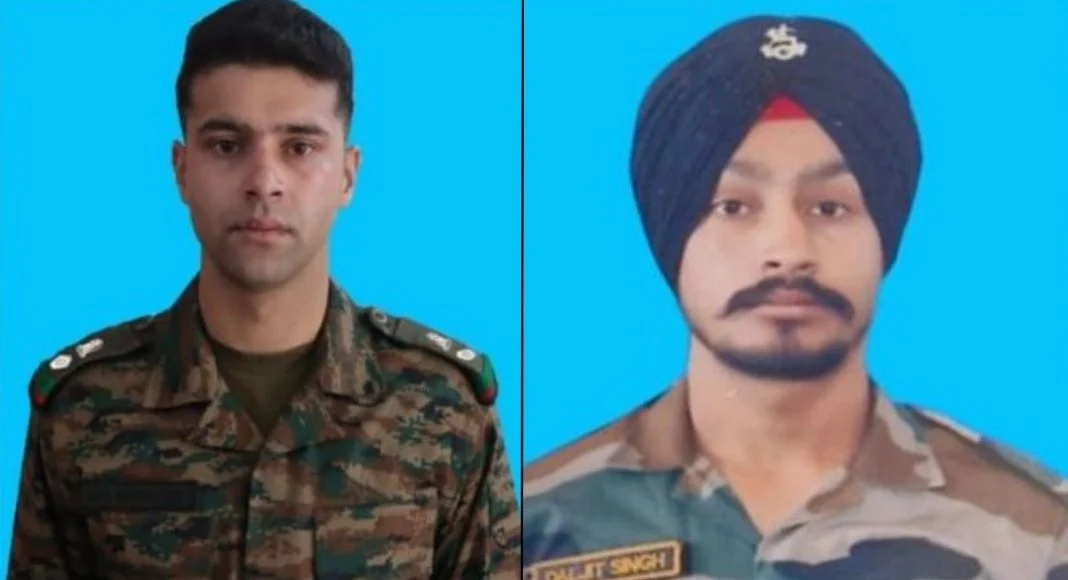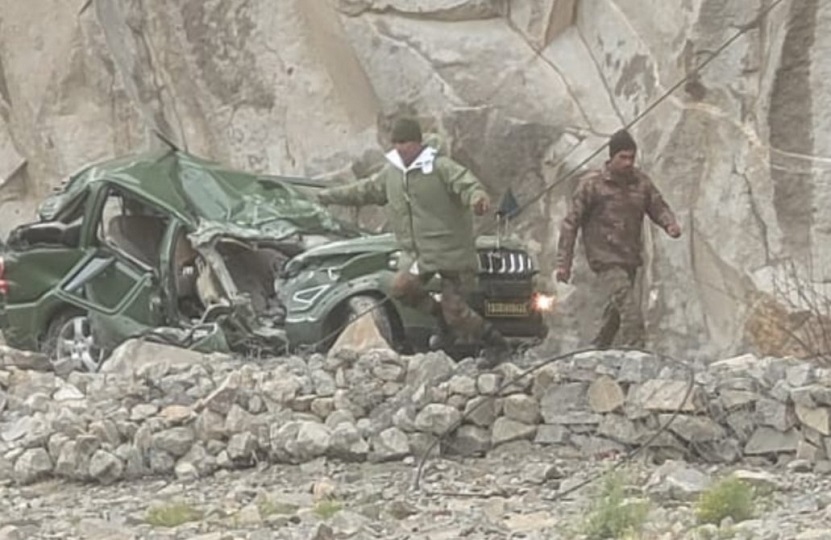Over 90 Frontier Corps Personnel Dismissed for Refusing Operations Against Pashtuns in Pakistan
In a dramatic escalation of internal dissent, over 90 personnel from Pakistan’s Frontier Corps (FC), mostly of Pashtun ethnicity, have…
Commodore Varghese Mathew Takes Over as Naval Officer-in-Charge, Kerala
In a ceremonial event held at the Southern Naval Command headquarters in Kochi, Commodore Varghese Mathew officially assumed charge as…
China Responds to U.S. Tariff Threat Over Russian Oil Purchases
The Ministry of Foreign Affairs of China has issued a sharp response to the United States after Washington suggested it…
Trump Imposes 25% Tariff and Penalty on India Over Trade Barriers, Russia Ties
United States President Donald Trump has announced a 25 percent tariff on all Indian exports to America starting August 1,…
Lt Colonel Bhanu Pratap Singh Mankotia and Lance Dafadar Daljeet Singh Marytred as Boulder Hits Army Vehicle in Leh
In a heartbreaking incident in eastern Ladakh, a boulder struck an Army vehicle on Wednesday morning, leading to the martyrdom…
Boulder Falls on Army Convoy Vehicle in Ladakh, Rescue Operation Underway
A massive boulder fell on an Army SUV, part of a military convoy, in a remote area of eastern Ladakh…


